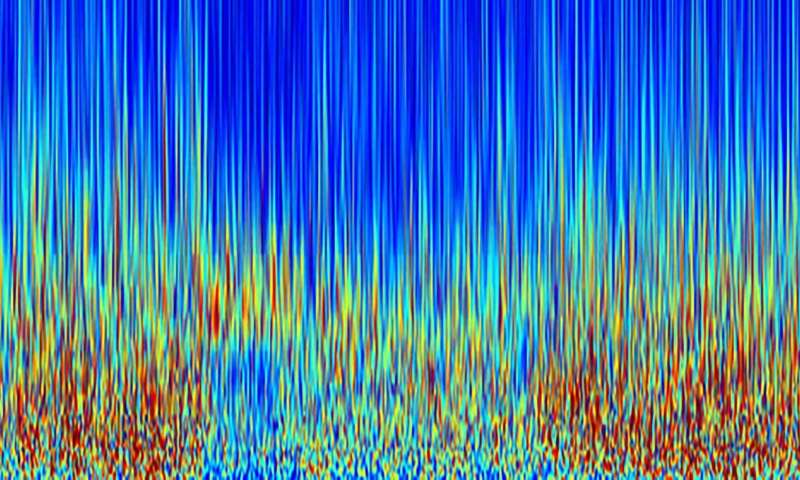
Serotonin is a neurochemical that plays a critical role in the way the brain controls our thoughts and feelings. For example, many antidepressants are designed to alter serotonin signals sent between neurons. In an article in Cell, National Institutes of Health-funded researchers described how they used advanced genetic engineering techniques to transform a bacterial protein into a new research tool that may help monitor serotonin transmission with greater fidelity than current methods. Preclinical experiments, primarily in mice, showed that the sensor could detect subtle, real-time changes in brain serotonin levels during sleep, fear, and social interactions, as well as test the effectiveness of new psychoactive drugs. The study was funded, in part, by the NIH’s Brain Research through Advancing Innovative Neurotechnologies (BRAIN) Initiative which aims to revolutionize our understanding of the brain under healthy and disease conditions.
The study was led by researchers in the lab of Lin Tian, Ph.D., principal investigator at the University of California Davis School of Medicine. Current methods can only detect broad changes in serotonin signaling. In this study, the researchers transformed a nutrient-grabbing, Venus flytrap-shaped bacterial protein into a highly sensitive sensor that fluorescently lights up when it captures serotonin. Previously, scientists in the lab of Loren L. Looger, Ph.D., Howard Hughes Medical Institute Janelia Research Campus, Ashburn, Virginia, used traditional genetic engineering techniques to convert the bacterial protein into a sensor of the neurotransmitter acetylcholine. The protein, called OpuBC, normally snags the nutrient choline, which has a similar shape to acetylcholine. For this study, the Tian lab worked with Dr. Looger’s team and the lab of Viviana Gradinaru, Ph.D., Caltech, Pasadena, California, to show that they needed the added help of artificial intelligence to completely redesign OpuBC as a serotonin catcher.
The researchers used machine learning algorithms to help a computer ‘think up’ 250,000 new designs. After three rounds of testing, the scientists settled on one. Initial experiments suggested that the new sensor reliably detected serotonin at different levels in the brain while having little or no reaction to other neurotransmitters or similarly shaped drugs. Experiments in mouse brain slices showed that the sensor responded to serotonin signals sent between neurons at synaptic communications points. Meanwhile, experiments on cells in petri dishes suggested that the sensor could effectively monitor changes in these signals caused by drugs, including cocaine, MDMA (also known as ecstasy) and several commonly used antidepressants.
Source: Read Full Article
